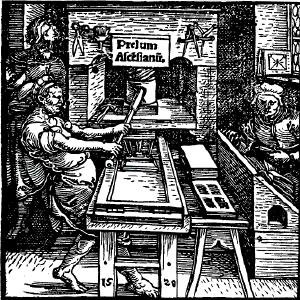Narrative Culture in Spain c. 1500

This project examined the impact of the introduction of print on narrative culture in Spain at the turn of the 15th century. For a number of well-known reasons, this was a crucial moment in Spanish history: it saw the consolidation of several kingdoms into the first modern nation-state; the expulsion of heterogeneous populations (Jews, Muslims) from the Iberian Peninsula; and the beginning of the trans-Atlantic empire. But at least as significant, on the cultural level, was the explosion in the number of printing presses and printed books produced in Spain. While the first printed books were generally of a religious or legal nature, printers soon discovered the public appetite for narratives. The project studies how printing created a culture of narratives to satisfy a market that did not distinguish between old texts and new ones.
The undergraduate, Sergio Delgado, investigated the basic data, and assisted in identifying and obtaining the original texts. Delgado gained hands-on experience in traditional scholarly areas such as descriptive bibliography and the history of the book, but also in contemporary critical approaches that view literature both as text and as material object, and as part of the larger historical study of culture.